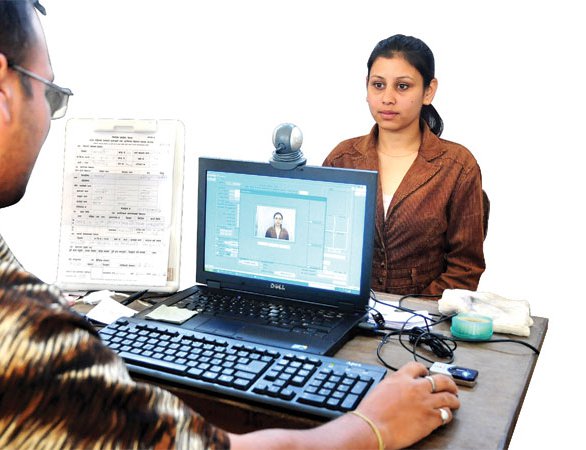
After the retirement of two election commissioners, the Election Commission is now being run by its secretary. Notwithstanding this, the four major political forces have struck a deal to constitute a neutral government and announced the election date.
The ground reality shows several hurdles to cross. There is the need to amend four acts, bring a new Voters’ List Act and appoint at least two commissioners to make preparations for the elections. Despite their agreement on the voters, political parties are yet to agree on the delineation of the constituencies. Another issue to deal with is to set up the election offices in the districts.
The process of publication of voters’ list, claim and counter claim as well as management of human resources, and security arrangements are some of the important parts of the elections, which will normally take between 50 and 60 days.
“It is impossible to hold the elections by the end of May,” said former chief election commissioner Surya Prasad Shrestha.
Even the officials at the commission remain tight lipped. “Let’s wait for the final decision. Only after that, we can say whether there we will be able hold the elections or not,” said a senior official at the Election Commission. “Elections are not only about casting votes, they involve so many other things.”
Even the people, who are supposed to go to the polls, are less prepared than in normal times. In the recent months, incidents related to violence against women are getting media headlines over the elections. From Nepal’s development partners to government of Nepal, elections have not been under their recent priority.
However, leaders of political parties are confident that the elections can be held on the date announced by them.
“It is not impossible if the state is committed to hold the elections,” said Khim Lal Devkota, former lawmaker of UCPN-Maoist and member of the task force. “Once the government is constituted, the mood of the country will be directed towards the elections.”
Although political leaders seem ready to hold the elections in May, the reality in the ground needs to be taken into account. For political leaders, it took almost nine months to settle the issues related to the government to hold the elections. With the push and pressure building on them from various sides, the four major political parties, in principle, agreed to hold the elections under a government led by sitting chief justice Khil Raj Regmi in May 2013.
Soon after the agreement of the four major political parties, four radical fringe communist parties led by CPN-Maoist, a breakaway faction of UCPN-Maoist, announced a nationwide agitation to protest the decision to form a chief justice-led government, indicating that they will obstruct the process. Unless the elections get the due priority from all, they are unlikely within coming May.
- TEACHERS ON STRIKE: Students' Future In Jeopardy
- Apr 25, 2025
- NEPAL-THAILAND: Joint Business Council
- Apr 13, 2025
- BIMSTEC SUMMIT: Nepal’s Stand
- Apr 11, 2025
- IME GROUP: Expands Into Paper Industry
- Mar 24, 2025
- CPN UML: Instigated By India
- Mar 23, 2025














